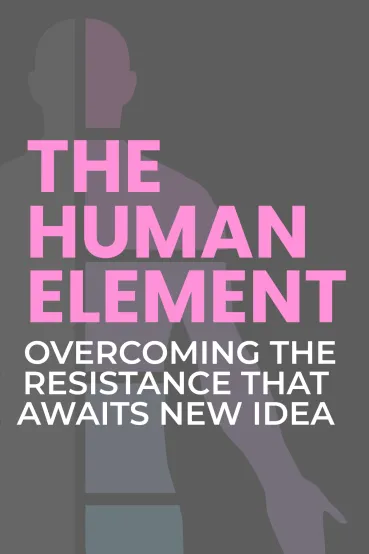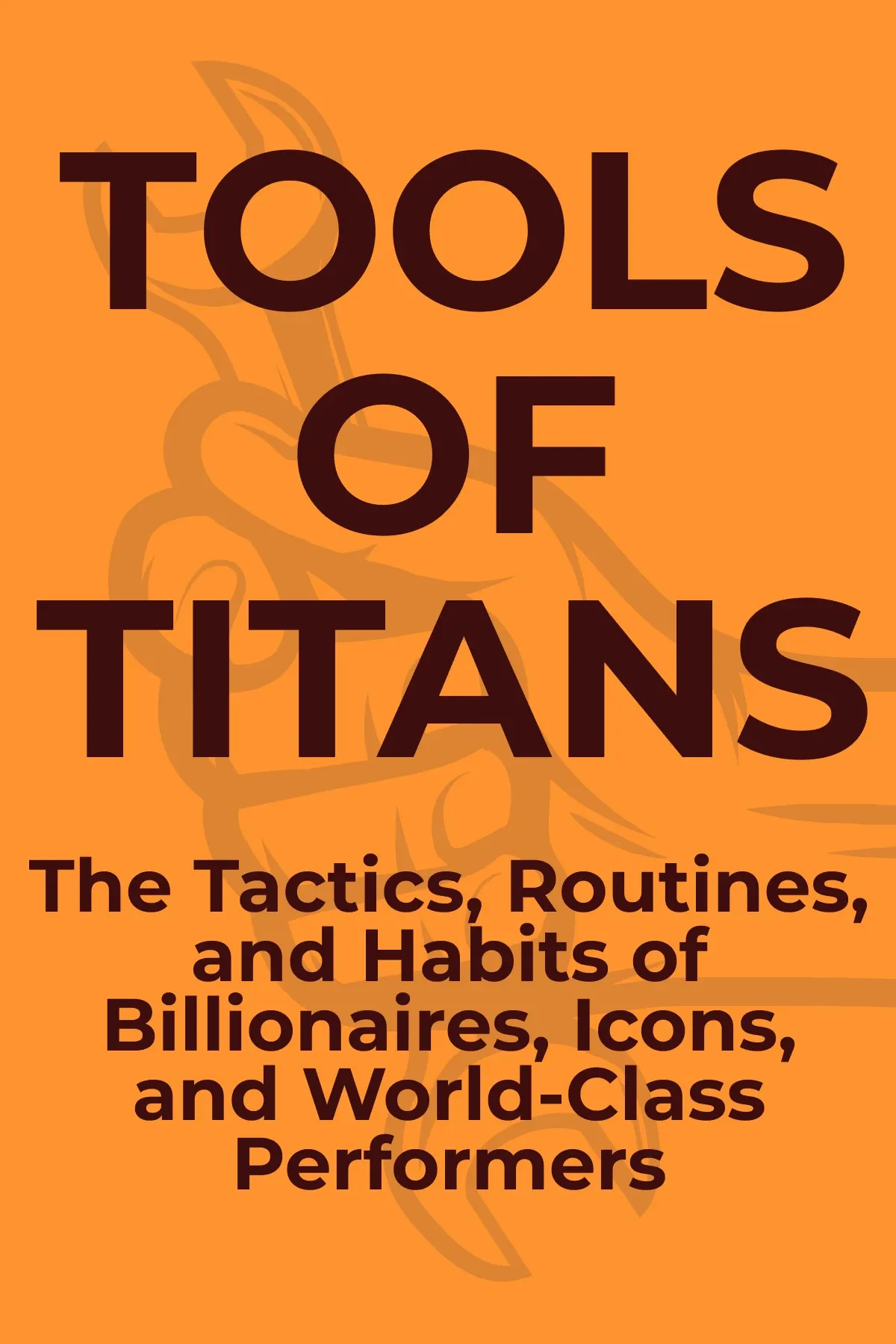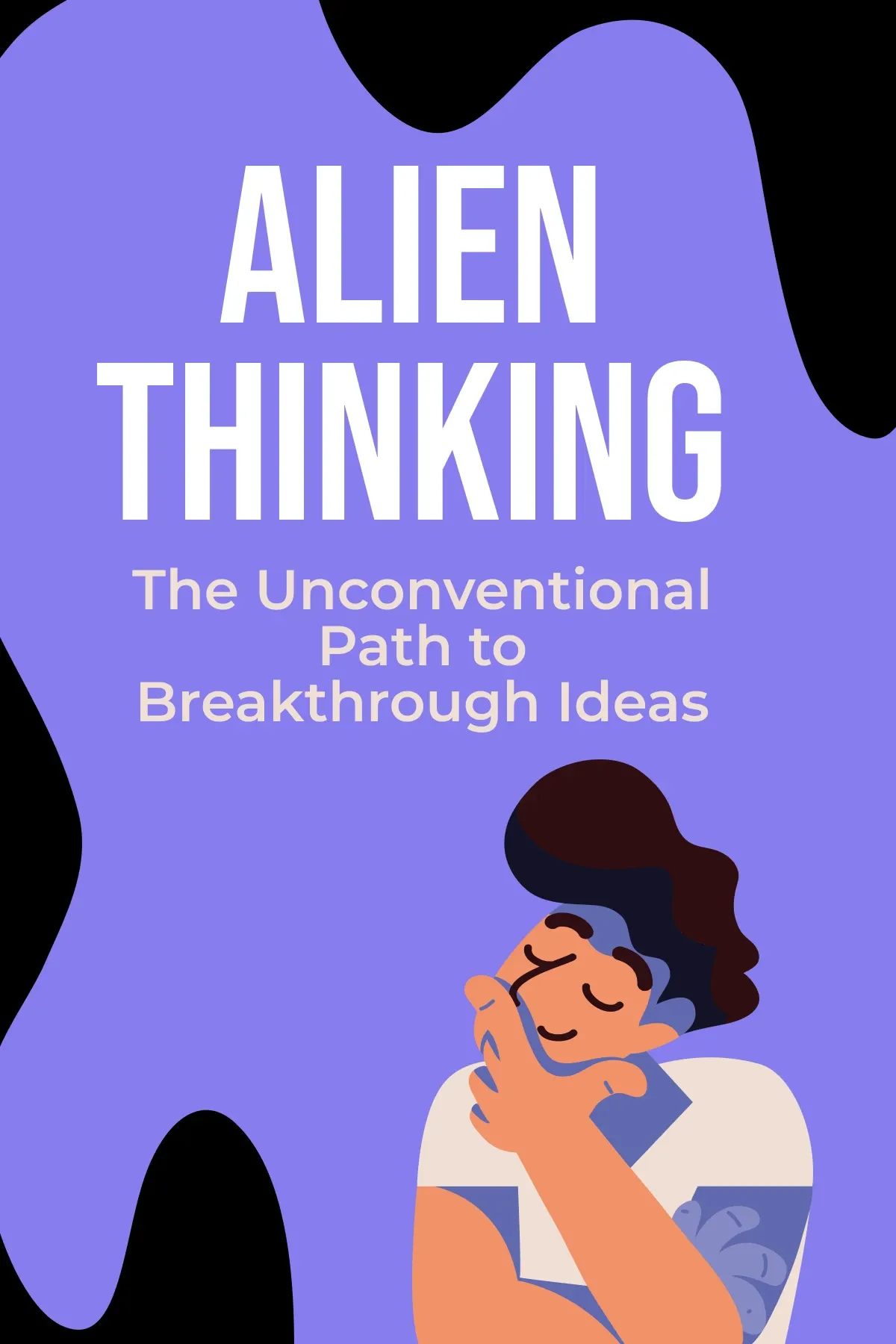
The Human Element
Brief Summary
“The Human Element” by Loran Nordgren and David Schonthal explains how to turn your thinking into a real fuel for ideas. The book is full of examples and explanations of why the innovation scheme works. You will learn how to create and implement an idea to make it a success.
Key points
Key idea 1 of 9
People crave change, yet they fear acknowledging the benefits of novelty. Innovators and those who refuse to settle for the old often feel isolated when trying to share inventions with the world. People don't support them for four reasons: inertia, the effort required for change, emotional reactions, and reactivity under pressure. Each reason corresponds to the fundamental elements of innovation: the scale of change, the costs, the audience's reaction, and the presentation of the idea itself.
Have you ever thought about the positive consequences of innovation, change, and development? They are the fuel for progress. As heat radiates, so do reasons for change and proposals. People often neglect their significance because they are worried about potential costs and negative results. Over time, the role and power of the fuel diminish. As a result, most people shy away from the possibility of its use.
Like most substances, fuel plays an opposing role in society. The frictional force can disrupt the innovation process. Most change-makers and innovators focus on the fuel rather than the operation of other system elements. Think about creating a recipe without considering the ingredients' compatibility and only concentrating on the cooking technique. As a result, adding more fuel often leads to significant, hard-to-repair damage caused by friction. To counteract such friction, you can resort to empathy as your only aid.
A great example is the car-buying experience in the United States. Due to distrust of car dealerships, Americans feel emotional friction when wanting to buy a car. This continuous erosion of trust has led to a deteriorating sales culture. Ali Reda achieved success by being the best car salesman in American history. He prioritized building trustworthy relationships between buyers and sellers over sales figures.
FAQ
You may also like these summaries











